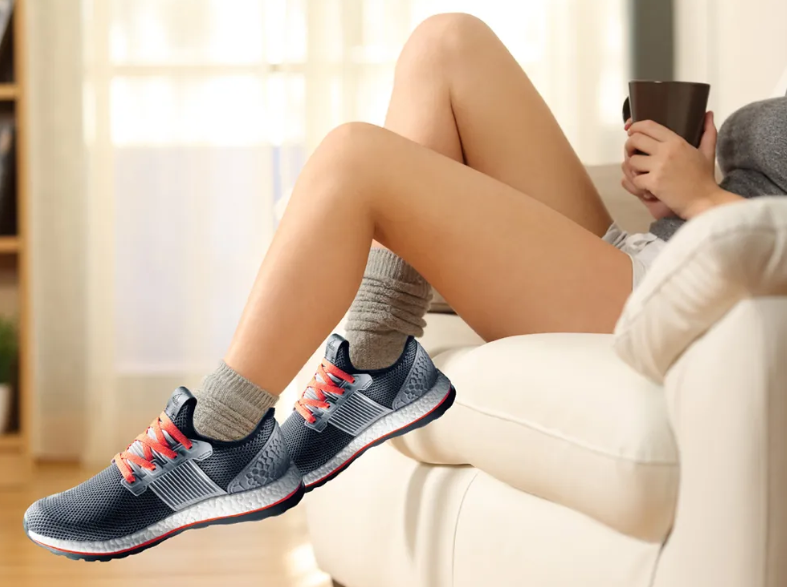A few weeks back, while lost in an online scroll, I stumbled upon a heated discussion about wearing shoes inside the house. Interestingly, it wasn’t directly about footwear indoors but sparked by a photo of a woman folding laundry on her living room floor. The comments section erupted with opinions on whether it was sanitary to place clean clothes on the floor. The debate swiftly shifted to wearing shoes indoors, with some passionately advocating against it due to concerns about dirty floors.

This topic has long intrigued me due to the fervor it ignites among people. The aforementioned post took it to a whole new level. As I delved into the comments—ranging from “It’s not a big deal” to “I’m so disgusted by what shoes could track in that I avoid having guests over”—I realized the intensity of emotions surrounding this seemingly mundane issue.
So, is it okay to wear shoes in the house? The answer lies in the data and personal preference.
Why Some People Opt Against Wearing Shoes Indoors
Many individuals who eschew shoes indoors do so to avoid tracking dirt and contaminants into their living spaces—a valid concern. Shoes can harbor various substances, from fecal matter to lawn chemicals, posing potential health risks. While a study from the University of Arizona is often cited for its findings on the bacteria-laden bottoms of shoes, its limited sample size and lack of peer-reviewed publication raise questions about its reliability.
What the Experts Say
In-depth investigations by The New York Times have shed further light on the matter. According to experts, while shoes can indeed carry bacteria, there are far more significant sources of contamination within homes. Objects like sponges, which trap moisture and food particles, are described as breeding grounds for bacteria. Additionally, frequently touched surfaces outside the home, such as money and A.T.M. buttons, pose similar risks.
Moreover, modern sanitation practices, vaccinations, and healthcare advancements have minimized the likelihood of falling ill from shoe-borne contaminants. According to Jack A. Gilbert, a professor at the University of California, San Diego, the risk is “infinitesimally small” compared to other everyday exposures.
The Verdict
While wearing shoes indoors may introduce some level of risk, it pales in comparison to other potential sources of contamination. Ultimately, whether to wear shoes indoors boils down to personal preference and comfort.
As for pet owners, the question of whether to remove shoes indoors becomes more nuanced, considering the additional dirt and germs pets may bring into the home. However, the decision remains subjective and depends on individual circumstances and hygiene practices.
